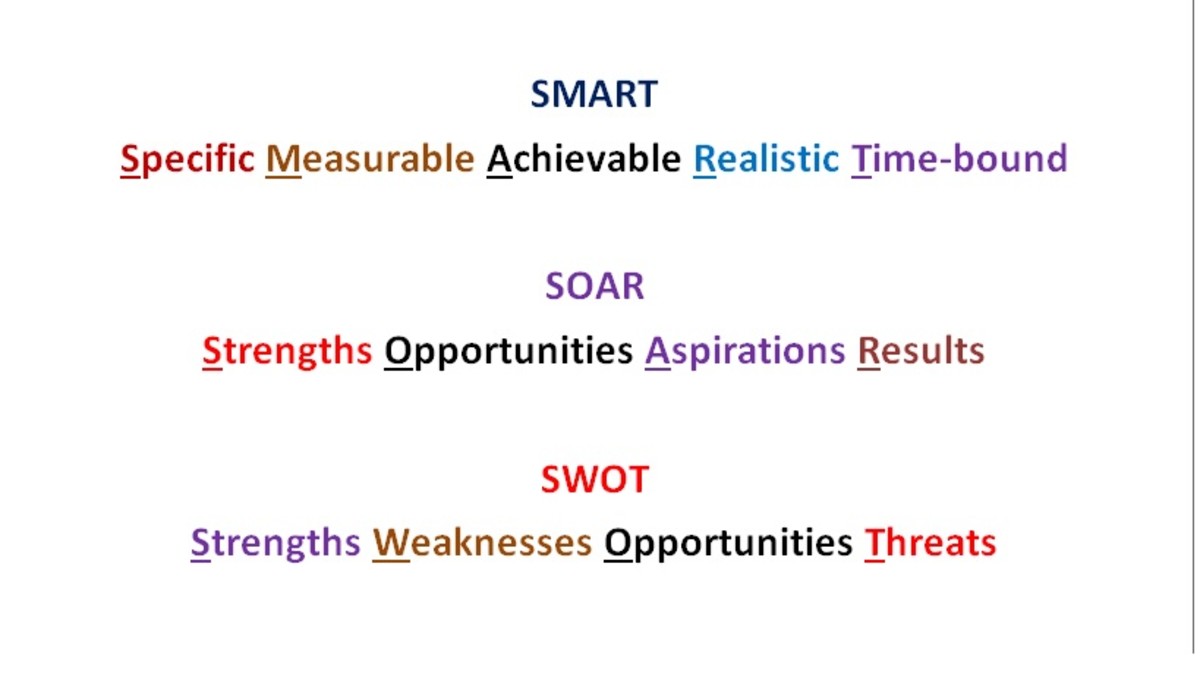Principles of Good Discipline

Introduction
Principle in this topic is a generally accepted truth or propositions which any rule or rules guiding an organization should adhere with. No rule should be introduced to favor only the employee or an employer of a company.
It should be balanced in all respect so that nobody will be hurt in any way. Discipline in management is the practice of training employees to obey the codes of conduct guiding the organization. It is the action by management to enforce organizational standard. Effective discipline is that which makes punishment necessary (Torrington and Champman). Principle of good discipline can be defined as the truth behind all good rules that guide any establishment in any particular community. It is about how any acceptable rule in organization should be and the quality or elements that makes it up.
There are some important principles of good discipline that are to be obtained in every good organization. Some of the important principles of good discipline are: principles of forewarning, principles of reasonable expectation, a definite policy and procedure, principles of consistency, principles of immediacy, principles of fairness, principles of privacy, principles of forgiveness, principles of exemplary conduct, right of appeal and prevention principle.

Principles of forewarning: In every organization, the employees must have knowledge of the rules guiding that organization before they can be held accountable of anything. The basic codes of conduct guiding any organization are to be properly passed to the employee in order for him to act in the direction required. This will bridge any complain that may come from the side of the employee at any specific time in workplaces.
Principles of reasonable expectation: All rules guiding every organization must be reasonable and comply with what Chester I. Barnard referred to ‘indifferent zone’. Barnard’s theory states that a subordinate will accept the superior’s instruction if he understands the instruction, believes them to be consistent with his own interest and that of the organization, physically and mentally able to comply with them. If you get employed in any organization and you do not understand the rules of that organization, it is better not to engage with any contract with the company in question. Again, if the rules set by the superior will not be of good interest to you as an employee, do not go for the appointment as this is the summary of Barnard’s theory.

A definite policy and procedure: This is all about the level of respect an employee is to be paid to the management. An employee cannot be as disciplined as a small child that can be ‘operated like television remote’ from time to time. A definite policy and procedure must be followed in disciplining subordinates otherwise it will appear as if management is solely looking at a case in terms of its own needs rather than the needs of the individual and the organization. That I am employed in your office does not give you the opportunity to take me as a slave, whom you can embarrass and shout on any time you wish. There should be definite or limit of exercising of power by manager in any rule guiding any organization.
Principles of consistency: Rules guiding any organization must apply to every worker whether big, small, miniature and to the giants in it. That Mr. Michael is a brother to the manager does not make certain rules inactive on him, otherwise problems and misunderstanding will ‘build a hundred storey’ in the organization. When the misunderstanding ‘gives birth to more children’, the next is the downfall of the organization. Rules should not be applied to one person and fails to be active to another because of the most favored employee factor or godfather factor.
Principles of immediacy: In organizations, the ideal thing is that disciplinary action is implemented by the immediate supervisor. The supervisors are the people that make codes of behavior of any organization to be effective. If this is not possible in some organizations, the supervisor should be included in the committee that apply the discipline.
Principles of fairness: It is not good to have or include harsh penalty with simple or minor offense. The penalty included in any disciplinary action should be equitable in respect to the nature of the offense. The penalty for an employee that once came a minute late should not be sacking plus fining the worker $3000. All rules guiding all organizations should be fair in all respect.
Principles of privacy: In general, management rewards and congratulations are given publicly while reprimands are privately done. Workers who do exceptionally well should be rewarded in public for other workers to learn from them. Whenever any manager wants to warn any employee for wrongdoings, it should be done privately for respect purposes.
Principles of forgiveness: After every disciplinary action has been taken by the manager of any establishment towards an employee, he (the manager) should attempt to assume a normal attitude towards the employee. Managers should not develop ‘stony hearts’ towards any employee that broke any of the rules that governs his organization, rather he should forgive the offender after adequate punishment has been given to him or her. It is sometimes had to forgive but he should forgive after sign of apology have been given by the employee. It is advisable to forgive once the one that offended showed sign of remorse.
Principles of exemplary conduct: In most cases, it is easier said than done. Managers are to live by example before any rule or principle guiding any organization will be effective. Taking for example, if the management of a company said that no worker should take hard drugs while on duty and he does that, he (the management) has done what is not in accordance with the rule. In that case, he is not living by example and can weaken such rule guiding the organization.
Right of appeal: To ensure abiding by all the rules guiding any organization, the employee must have the right to appeal. Employees should be given the opportunity to apply to any court of their choice if they felt that any treatment given to them is not good. This freedom can promote the company as all final decisions are not made by the management.
Prevention principles: This principle of good discipline has to do with the working condition of employees. Any environments that can make employees to make mistakes in their working organizations are to be changed for effective operation of both the employees and the organization. If a working environment is located in a place where there is always emission of toxic gases, the employees are to be changed to another work area or be transferred. Continuing to carry out working operations will affect both the workers and the organization negatively.
Conclusion
What is right is right and what is good is good. This topic discussed principles of good discipline. Are you an employer or employee? Do you have in mind to start employing workers to your organization someday? This page detailed out the important principles that can applied in any organization.
Reference
Principles and Practice of Management by Vincent O.
Cast your vote please
view quiz statisticsThis content is accurate and true to the best of the author’s knowledge and is not meant to substitute for formal and individualized advice from a qualified professional.
© 2014 Uzochukwu Mike








